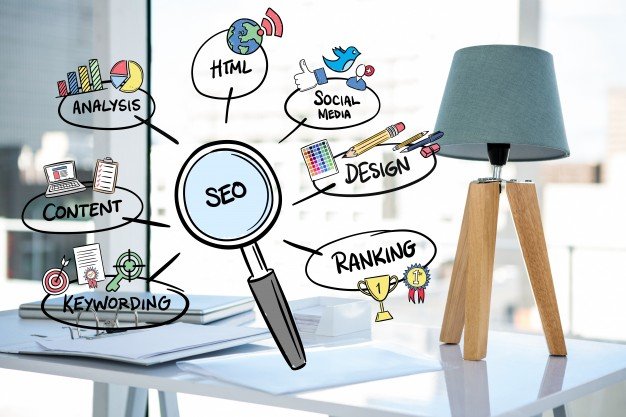Search Engine Optimization (SEO) business is a very competitive market. Almost all businesses today require SEO to advance their presence with their customers. Many different SEO companies today invest heavily in robust strategies and tools to attract and maintain customers.
Scaling up your SEO business need not be too expensive to compete with your competitors head to head. You just need to know the right buttons to push and how to use them. Here are 5 proven tips on how to scale your SEO business without spending too much.
5 Inexpensive Tips on How to Scale Your SEO Business:
1. Take advantage of your inner circle:
You might not believe it at first, but your inner circle can provide you leaps of opportunities for finding your initial customer base. It’s now common knowledge that family and friends aren’t always the best people to sell your products to. Especially when you’re starting up. Alibaba founder, Jack Ma, always reiterate this in his speeches.
However, family and friends can be a great source of the potential network, and eventually, customers. Don’t sell your SEO business to them. Explain what SEO is about and what your services are. Never ask them to buy from you. Instead, offer them an incentive or a small finder’s fee if they can refer someone who might need help with SEO.
Your initial sales will mostly come from the people who are referred to you by the people you know directly. On top of that, it’s easy to get buy-in from your inner circle if you don’t force your product to them. If you’ll ask for help, you’ll definitely get a lot of support, which can translate to referrals.
2. Mine popular freelancing websites and local community sites:
There’s a lot of freelancing websites that pop up every year. Finding jobs online has almost become a primary fall back for those who’ve grown tired of traditional office jobs. Upwork, for example, is a great source of customers finding talents with SEO expertise.
Take advantage of freelancing websites. Customers here already know what they’re looking for. You won’t have to explain to them what your SEO business is about. You just have to offer them your best pitch. Put together a system and a marketing strategy that will help you beat the competition.
If needed, incorporate ideas from awebmarketing123.com expert who can provide different effective methods for marketing your SEO business in these sites. Keep in mind that sites like Upwork have a very competitive environment. People around the world are always gunning to be hired.
3. Maximize tools and get everything organized:
Managing your business means making sure everything’s in order and you’re on top of things. That said, you’ll have to employ free and/or cost-effective tools available online to run your business and get everything organized. Popular tools below can help you organize and simplify your operations.
- Google Calendar – free app when you have a Google account. It helps you organize your calendar for meetings, follow-ups, tasks, reminders, etc. It also syncs to your mobile phone, tablet, computer, and even Calendly meeting schedules.
- io – a great and cheap CRM software that will help you track your funnel, customers, deals, and revenue. It also syncs with the Gmail app.
- Asana – this is a remarkable task and project management app. It’s also free. You can keep track of your projects, individual tasks, and assignments that you need to accomplish.
- com – a fantastic billing software that’s easy to use.
4. Be more proactive in answering your customers’ questions:
What you need to keep in mind is that your customers will not always be ready to buy your services right away. Especially if these customers are new to SEO. What’s certain is that they will always have questions.
That said, it’s critical that you feed your customers the information even before they ask them. This is where email marketing would come in as part of your strategy. Maximize your leads conversion by putting in place an effective email and content strategy. Provide more informational content and schedule these to be emailed to your leads automatically.
5. Outsource:
Lastly, optimize your output and get more things done without having to employ more people. The best way to do this is by outsourcing. Freelancing websites aren’t only your gold mine for customers but for credible and talented SEO experts as well.
You can source for talents or an agency who provides SEO services at much cheaper rates. With your workforce being taken care of by passionate SEO experts anywhere in the world, you can focus on getting more customers and really taking care of them.
Conclusion:
Scaling up your SEO business requires great work and plan. However, it doesn’t have to be costly all the time. If you don’t have a bigger capital yet to launch a massive project to scale up your SEO business, then these 5 proven cost-effective tips to scale your SEO business should get you started.
Read Also:






















